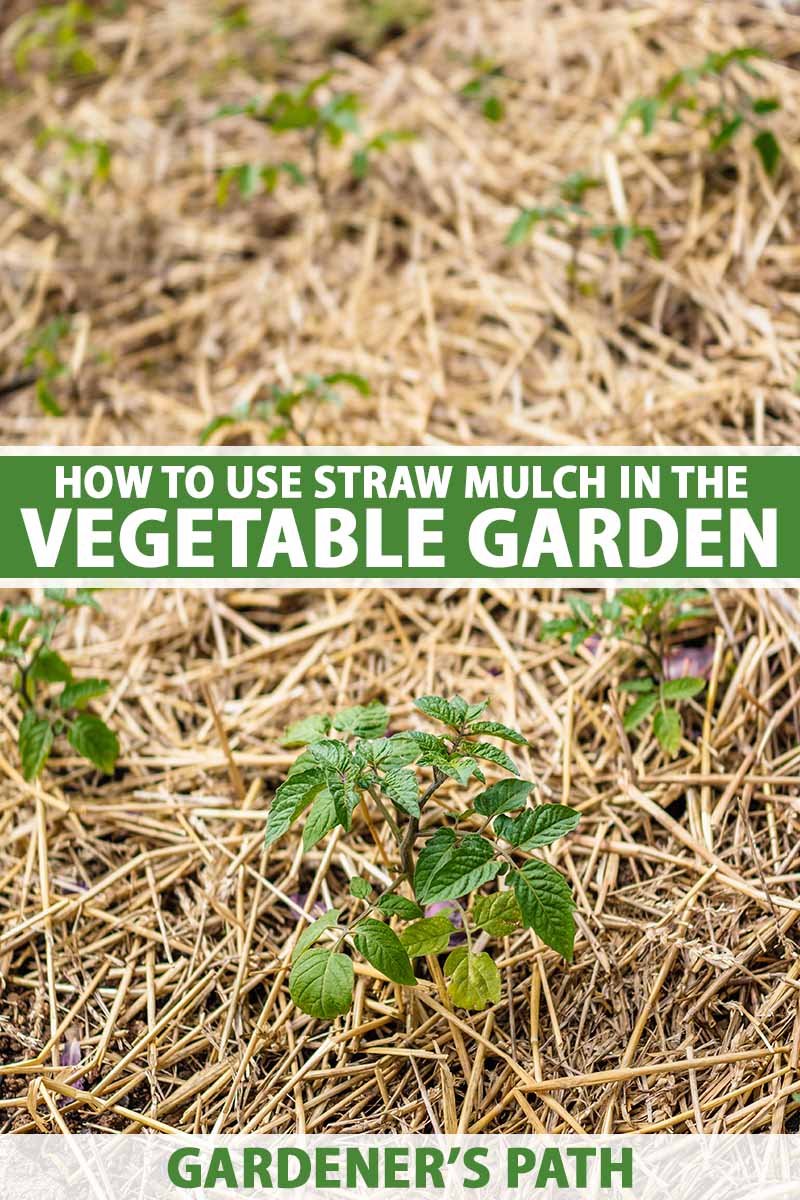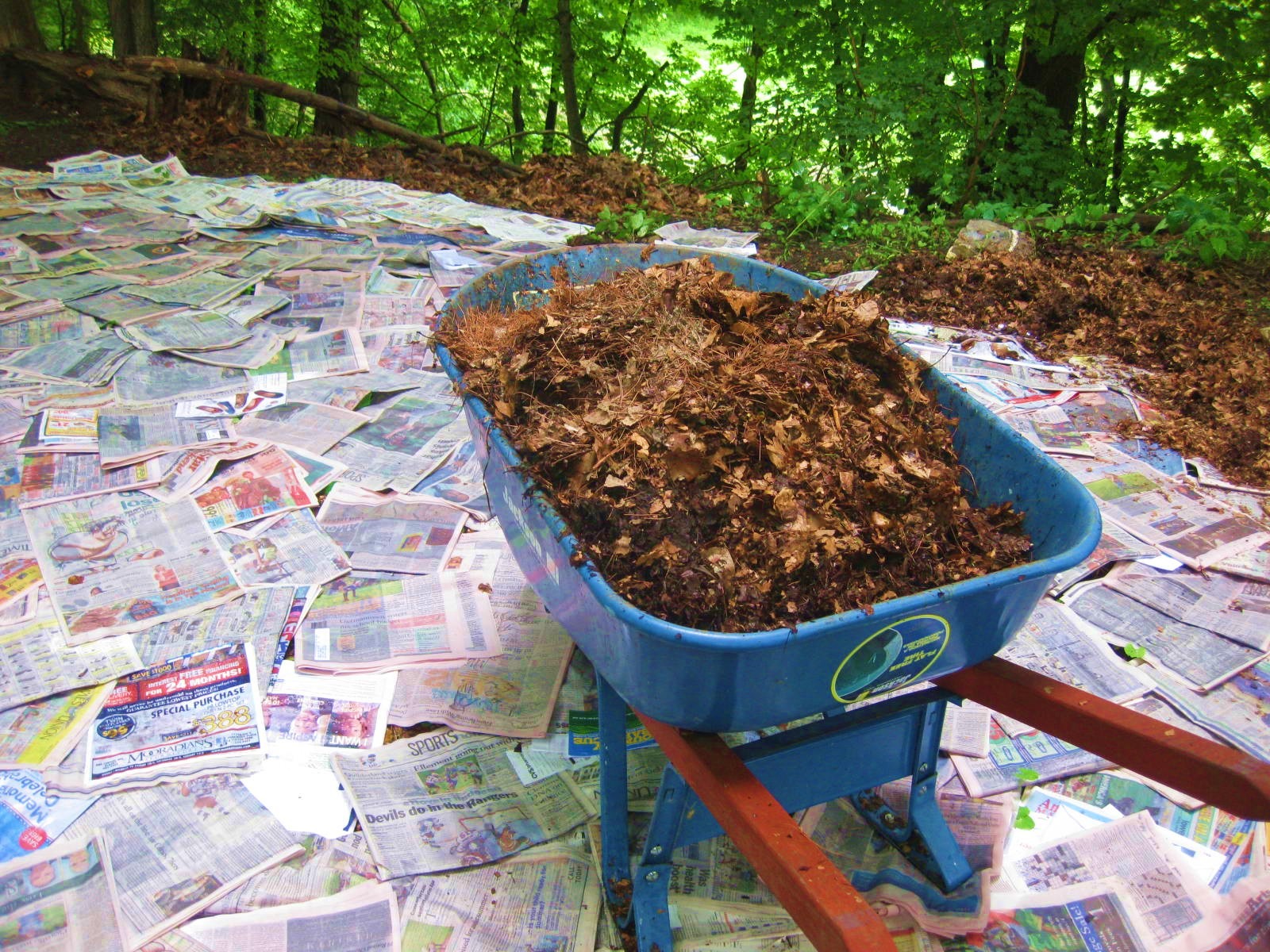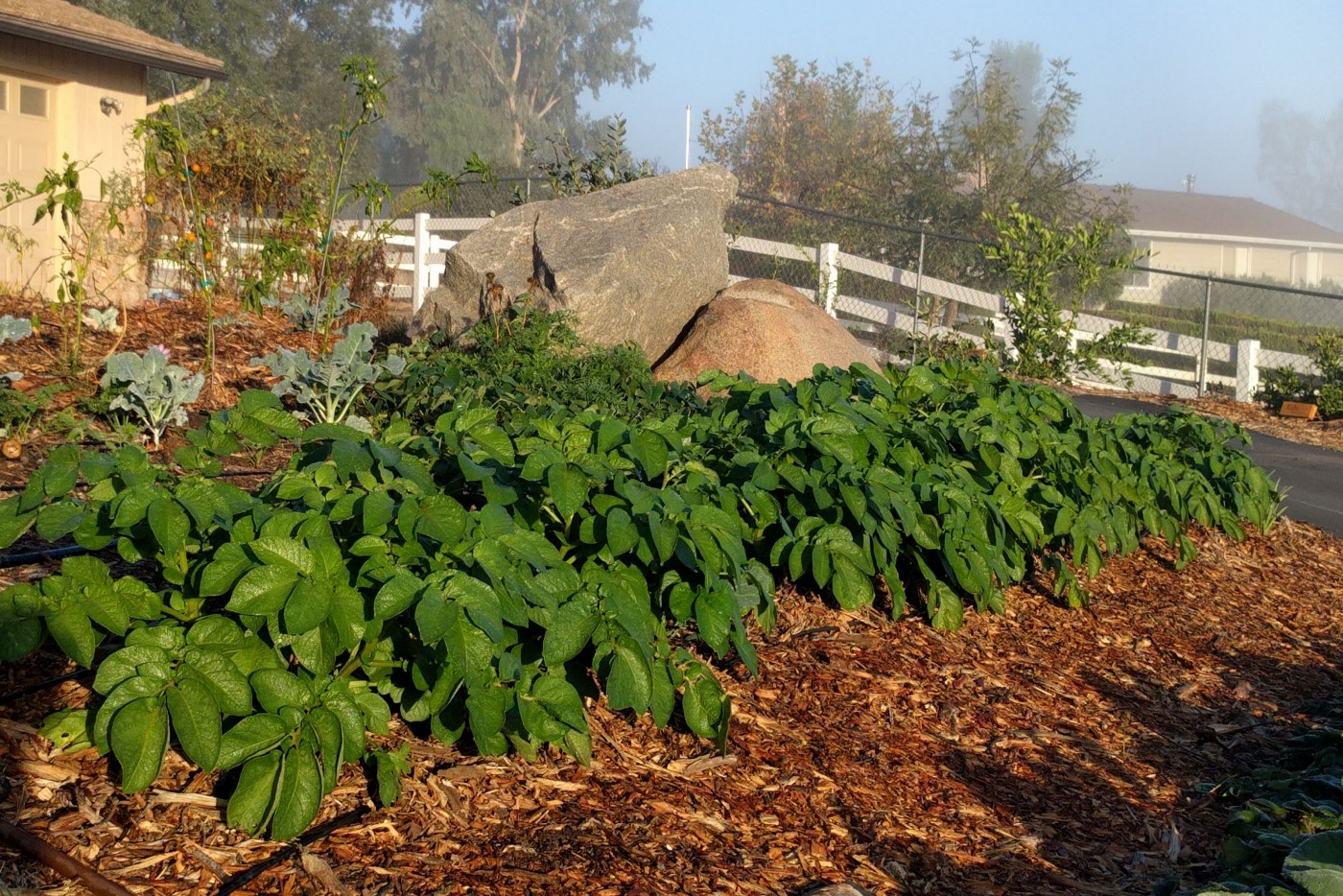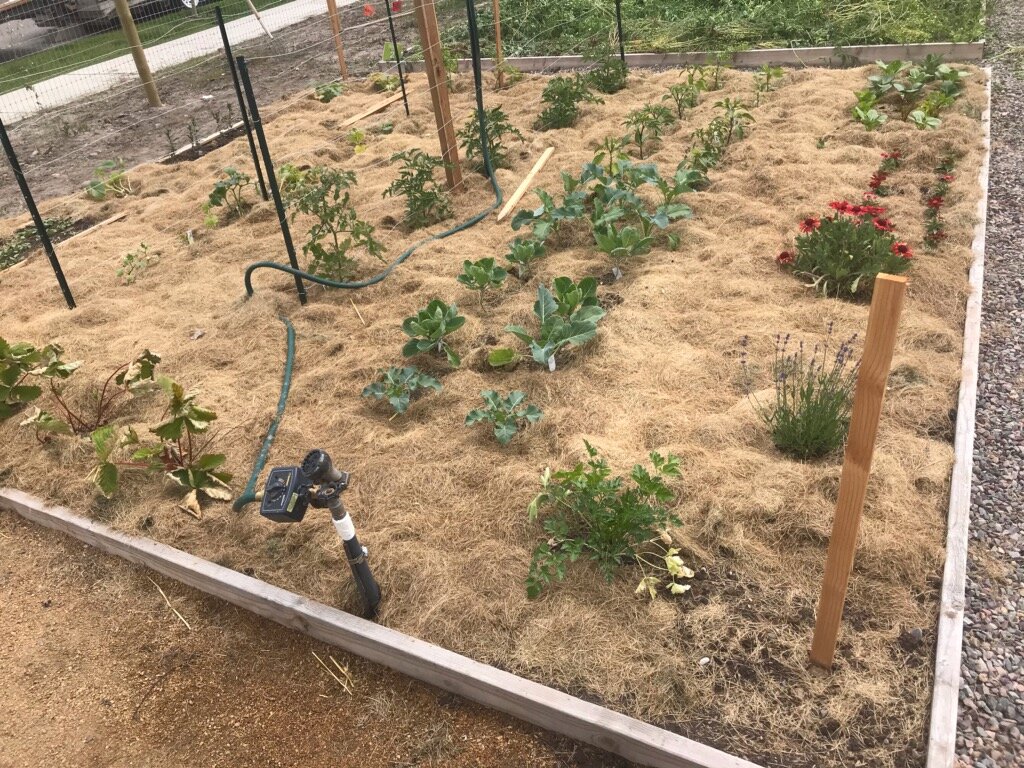The Best Mulch For Veggie Gardens In
Title: The Best Mulch for Veggie Gardens in 2023
Introduction:
Mulch is a layer of organic or inorganic material that is applied to the soil surface around plants. It has many benefits for vegetable gardens, including:
- Suppressing weeds: Mulch helps to suppress weeds by blocking sunlight and preventing them from germinating.
- Retaining moisture: Mulch helps to retain moisture in the soil, which can help plants to survive during dry periods.
- Improving soil structure: Mulch helps to improve soil structure by adding organic matter and breaking down into small particles. This can help to improve drainage and aeration in the soil.
- Attracting beneficial insects: Mulch can attract beneficial insects, such as earthworms and ladybugs, which can help to control pests.
Main Content:
There are many different types of mulch that can be used in vegetable gardens. Some of the most popular options include:
- Compost: Compost is a great choice for mulch because it is both organic and nutrient-rich. It can help to improve soil quality and suppress weeds.
- Wood chips: Wood chips are another popular choice for mulch. They are relatively inexpensive and easy to find. They can help to retain moisture and suppress weeds.
- Straw: Straw is a good choice for mulch in vegetable gardens because it is lightweight and easy to apply. It can help to retain moisture and suppress weeds.
- Grass clippings: Grass clippings can be used as mulch, but they should be dry before they are applied. They can help to retain moisture and suppress weeds.
- Pine needles: Pine needles are a good choice for mulch in vegetable gardens because they are acidic. This can help to improve the pH of the soil in alkaline areas.
Which mulch is best for your vegetable garden?
The best mulch for your vegetable garden will depend on a number of factors, including your climate, the type of plants you are growing, and your personal preferences.
If you live in a warm climate, you may want to choose a mulch that will help to retain moisture, such as compost or straw. If you live in a cold climate, you may want to choose a mulch that will help to insulate the soil, such as wood chips or pine needles.
If you are growing plants that require acidic soil, you may want to choose a mulch that is acidic, such as pine needles. If you are growing plants that require alkaline soil, you may want to choose a mulch that is alkaline, such as wood ash.
Ultimately, the best way to choose the right mulch for your vegetable garden is to experiment and see what works best for you.
Conclusion:
Mulch is a valuable tool for vegetable gardeners. It can help to suppress weeds, retain moisture, improve soil structure, and attract beneficial insects. There are many different types of mulch that can be used in vegetable gardens, so you can find one that is right for your needs.
There are many different types of mulch that can be used in a vegetable garden, but some of the best include:
- Compost: Compost is a great choice because it improves soil quality and structure, while also helping to suppress weeds and retain moisture.
- Grass clippings: Dry grass clippings are a free and easy way to mulch your vegetable garden. They help to keep the soil moist and suppress weeds.
- Straw: Straw is another good option for mulching vegetable gardens. It is lightweight and easy to spread, and it helps to keep the soil cool and moist.
- Pine needles: Pine needles are a natural and attractive mulch that helps to suppress weeds and retain moisture. However, they can be acidic, so they may not be the best choice for all vegetable gardens.
To learn more about the best mulch for your vegetable garden, visit Garden Wiki.
FAQ of best mulch for veggie garden
- What is the best mulch for a vegetable garden?
There are many different types of mulch that can be used in vegetable gardens, but some of the most popular and effective include:
- Compost: Compost is a great all-around mulch that provides nutrients to the soil, helps retain moisture, and suppresses weeds.
- Wood chips: Wood chips are another good option for mulching vegetable gardens. They help to improve drainage, suppress weeds, and add organic matter to the soil.
- Straw: Straw is a light and airy mulch that is good for preventing weeds and conserving moisture.
- Leaves: Leaves are a free and easy-to-find mulch that can be used in vegetable gardens. They help to improve soil quality and suppress weeds.
The best mulch for your vegetable garden will depend on your specific needs and preferences. If you are looking for a mulch that will provide nutrients to the soil, compost is a good choice. If you are looking for a mulch that will suppress weeds and conserve moisture, wood chips or straw are good options.
- How much mulch should I use in my vegetable garden?
The amount of mulch you need to use in your vegetable garden will depend on the size of your garden and the type of mulch you are using. A general rule of thumb is to apply 2-4 inches of mulch around your plants.
- When should I apply mulch to my vegetable garden?
You can apply mulch to your vegetable garden at any time of year, but it is best to apply it in the spring or fall. This will give the mulch time to break down and improve the soil quality before the growing season begins.
- How do I keep mulch from blowing away?
If you live in an area with windy conditions, you may need to take steps to keep your mulch from blowing away. One way to do this is to wet the mulch before you apply it. This will help to weigh it down and make it less likely to blow away. You can also use landscaping fabric or rocks to help hold the mulch in place.
- What are the benefits of using mulch in a vegetable garden?
There are many benefits to using mulch in a vegetable garden, including:
- Suppresses weeds: Mulch helps to suppress weeds by blocking out sunlight and preventing them from germinating.
- Retains moisture: Mulch helps to retain moisture in the soil, which can help to reduce watering needs.
- Improves soil quality: Mulch helps to improve soil quality by adding organic matter and nutrients to the soil.
- Protects plant roots: Mulch helps to protect plant roots from the cold, heat, and pests.
Image of best mulch for veggie garden
10 different images of best mulch for veggie garden that are free to use:
- Compost: A great all-around mulch that improves soil quality, retains moisture, and suppresses weeds.

- Grass clippings: A free and easy-to-find mulch that can help to suppress weeds and improve soil aeration.
- Black plastic: A heat-trapping mulch that can help to warm the soil and extend the growing season.

- Straw: A lightweight and fluffy mulch that helps to retain moisture and suppress weeds.

- Leaves: A natural and organic mulch that helps to improve soil quality and suppress weeds.

- Pine needles: A sharp and acidic mulch that helps to suppress weeds and deter pests.

- Cocoa hulls: A dark and rich mulch that helps to improve soil quality and suppress weeds.

- Newspaper: A free and easy-to-find mulch that helps to suppress weeds and conserve water.

- Rocks: A heavy and durable mulch that helps to retain moisture and suppress weeds.

- Wood chips: A natural and organic mulch that helps to improve soil quality and suppress weeds.


Post a Comment for "The Best Mulch For Veggie Gardens In "